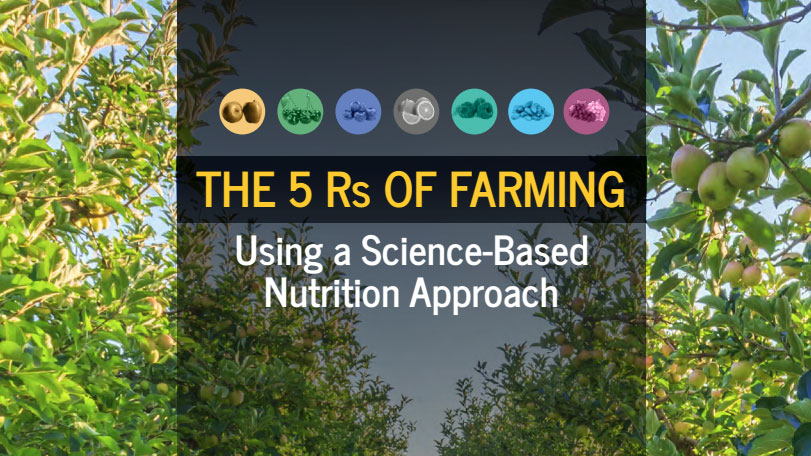U.S. Tomato Growers Look To End Antidumping Duty Probe Against Mexico

The Florida Tomato Exchange announced that documents had been filed with the U.S. Department of Commerce and the U.S. International Trade Commission indicating the interest of the petitioners to withdraw the antidumping duty petition that had been filed in 1996 thereby terminating the suspended investigations and the current suspension agreement.
“Sixteen years ago, the Florida Tomato Exchange, along with other tomato growers across the U.S. filed an antidumping petition requesting relief from unfairly traded imports of fresh tomatoes from Mexico. The U.S. government, after examining the facts, determined that there was reason to believe that the subject tomatoes were being sold in the U.S. at less than fair value at margins as high as 188.45%. Their findings came as no surprise to the petitioning growers whose sales and operations had been devastated by unfairly traded tomatoes from Mexico,” said Reggie Brown, executive vice president of the Florida Tomato Exchange.
“The U.S. government suspended action on the investigation and entered into a suspension agreement with the Mexican producers and exporters. That suspension agreement was rejected six years later by Mexican growers and a new suspension agreement was soon implemented. Five years later, Mexican growers once again rejected the agreement that was in place and, again, shortly thereafter a third – and the current agreement – was put in place,” Brown continued.
“Over this entire period U.S. growers have been the victims of gamesmanship and evasive actions by Mexican growers. Imports today are roughly three times the value that they were when the case was first brought with a staggering level of imports of roughly $1.8 billion last year. There has been virtually no change in the underlying reference price in the three suspension agreements that are supposed to reflect Mexican costs of production. Sixteen years after the case was first filed, clearly, the cost of production has risen, but that is not the basis for the agreement that’s in place. It’s time to end the charade and restore fair prices that reflect market reality,” Jimmy Grainger, President of the Florida Tomato Exchange stated.
“The Florida Tomato Exchange, along with growers across this country reflecting a majority of domestic production have filed with the government a letter withdrawing their 1996 petition so as to terminate the process and the existing suspension agreement. This action is required to try and restore fair competition to the market and eliminate the predatory actions of producers in Mexico. Domestic field and greenhouse growers are facing enormous economic pressures that are injuring their operations, their workers and the communities in which they operate. Revenue for domestic producers was down by probably more than $100 million for the first quarter of this year alone,” Brown said.
“The suspension agreement isn’t working, and needs to be terminated. The facts have changed and the current agreement is unfair to U.S. growers and their workers. It’s time to abandon the agreement which limits our ability to ensure fair trade in tomatoes and give us a chance to compete. The existing agreement ties our hands behind our backs while a flood of unfairly priced tomatoes swamps our market. The Obama Administration should do what every previous Administration has done in similar circumstance by quickly terminating the suspended investigation and suspension agreement. That will allow for the facts to drive the result should the industry file a new petition and for fair trade to work. It’s time to be honest and say that the current agreement simply isn’t working. The Obama Administration should act quickly so that growers and their workers in Florida, Texas, California, Virginia, and many other states have the opportunity to succeed,” stated Brown.
Florida Commissioner of Agriculture Adam Putnam sent a letter to Acting Secretary of Commerce Rebecca Blank urging the U.S. Department of Commerce to accept the tomato industry’s request for withdrawal of the 1996 antidumping petition and terminate the current suspension agreement. “Gone unrecognized by new producers in Mexico and unenforced by the U.S. Department of Commerce, the 2008 Suspension Agreement has done little to protect Florida’s tomato growers from unfair competition,” said Putnam in the letter.
Under the law, petitioners have the right to withdraw their petition. Such action is the first step in the termination of the existing suspension agreement. On Friday, June 22, 2012, growers representing a majority of U.S. production filed a withdrawal request with the U.S. Department of Commerce and the U.S. International Trade Commission.









